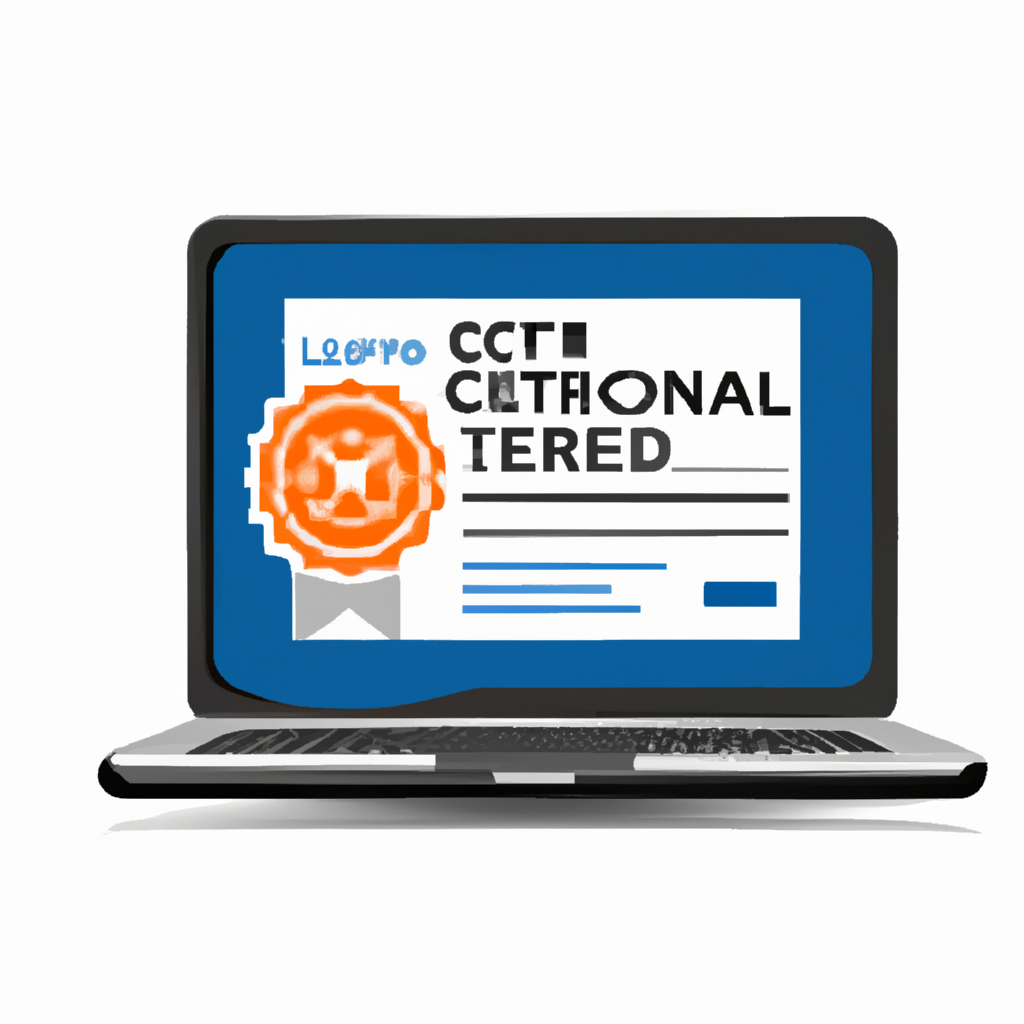How to Start Working in IT: A Comprehensive Guide for Aspiring Professionals
In our increasingly digital world, launching a career in Information Technology (IT) has never been more accessible. As businesses continue to integrate technology into their operations, a wealth of opportunities beckons those eager to make a difference in this dynamic field. Whether you’re beginning your journey fresh out of school or considering a pivot from a non-technical profession, the IT sector is bursting with growth and potential. To set yourself up for success, it’s essential to explore the **various IT career paths** available, obtain necessary **certifications**, and cultivate both **technical and soft skills**. Additionally, networking is crucial; it can expose you to hidden opportunities and connect you with seasoned professionals who can provide invaluable guidance. This article serves as your comprehensive roadmap, helping you navigate the initial steps into the exciting realm of IT while highlighting the key elements that will make you stand out in a competitive job market.
IT Career Paths: Exploring Your Options
The IT landscape is incredibly diverse and offers a multitude of career paths tailored to various skill sets and interests. Some of the most sought-after roles within IT include software developers, who design applications and systems; systems analysts, who scrutinize and enhance IT infrastructure; IT support specialists, who troubleshoot hardware and software issues; cybersecurity analysts, who safeguard systems from cyber threats; and network engineers, who manage and optimize communication networks. According to statistics from the U.S. Bureau of Labor Statistics, employment in IT-related occupations is projected to experience robust growth in the coming years. This surge results from a growing dependence on technology across both personal and professional spheres. For instance, as businesses increasingly embrace digital transformations, the demand for proficient IT professionals capable of managing and securing these technologies is skyrocketing.
It’s vital for anyone considering an IT career to thoroughly research the various roles to discover which one aligns best with their interests. For example, if you thrive on problem-solving and creativity, software development might be an excellent fit. Conversely, if you are detail-oriented and passionate about safeguarding information, a career in cybersecurity could be your ideal choice. Each career path requires a distinctive set of skills, including technical knowledge, analytical prowess, and creativity. If you’re unsure where to start, consider engaging in informational interviews with industry professionals or seeking out online resources detailing job descriptions, necessary skills, and typical responsibilities of various IT roles. Doing so will not only provide clarity but also help you pinpoint niche positions that align closely with your passions and expertise.
Beginner IT Certifications: Your First Step Toward Success
To significantly improve your chances of breaking into the IT industry, certain qualifications are indispensable, and **beginner certifications** play a crucial role in establishing your credentials. Certifications like **CompTIA A+**, **CompTIA Network+**, and **Microsoft Certified: Azure Fundamentals** are recognized by employers as reliable evidence of your foundational knowledge in essential IT concepts. These certifications cover vital areas, including computer hardware, networking basics, and cloud computing fundamentals, making them invaluable for anyone launching their IT career.
The process of preparing for certifications has become more accessible than ever, thanks to the plethora of online learning platforms offering courses specifically tailored for these credentials. Websites like **Coursera**, **Udemy**, and **edX** provide comprehensive courses alongside a flexible learning environment that can easily fit into your schedule. Additionally, coding bootcamps have emerged as an alternative means to acquire IT skills quickly. These immersive programs deliver practical training in specific areas—such as web development, data analysis, and cybersecurity—within a matter of weeks.
As you embark on your certification journey, remember that the **skills acquired during your preparations will not only enhance your resume** but also showcase your dedication to continuous learning and professional growth. Furthermore, obtaining relevant certifications can bolster your appeal to employers, who often prioritize candidates with proven technical backgrounds. By demonstrating that you possess both the knowledge and skills for the job, you position yourself competitively in a field that values not just technical expertise, but also eagerness to learn and grow.
How to Transition to IT from a Non-Technical Background
If you’re contemplating a move into IT from a non-technical background, it’s essential to recognize that adapting your existing skills to suit this new arena is critical. **Transferable skills** such as problem-solving, analytical thinking, and project management can greatly contribute to your success in the IT world. You may discover that skills developed in your previous roles—like communication and teamwork—are equally valuable in IT, particularly in collaborative projects that require cooperation across different departments.
Networking, securing internships, or even volunteering in tech-related positions can provide vital experiences that enhance your resume. Numerous resources are available, including online communities and local tech meetups that offer networking opportunities and potentially unveil internship options. Furthermore, don’t underestimate the power of mentorship programs, which can connect you with industry professionals willing to share their insights and guidance as you navigate your transition into IT.
In conclusion, embarking on a career in IT presents an exhilarating opportunity for personal growth and professional advancement. By exploring the range of career paths available, dedicating yourself to obtaining relevant certifications, and actively improving your skills—both technical and soft—you can lay a strong foundation for success in this booming industry. Moreover, implementing proactive strategies for networking and transitioning can further ease your entry into the IT workforce. Embrace the wealth of possibilities that await you in the world of IT and take that decisive first step toward building a rewarding and prosperous career in technology.
